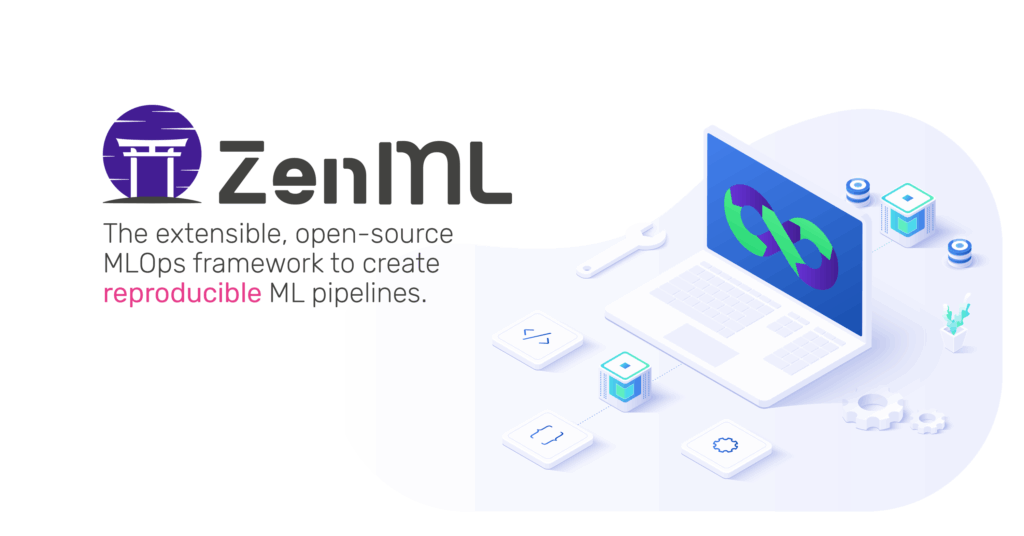zenml
Basic Information
ZenML is an open source MLOps framework that unifies classical machine learning workflows and modern AI agent development under a single platform. It helps teams version, test, deploy, and monitor everything from scikit-learn models to complex LLM-based agents by applying established MLOps principles to agent development. The project provides pipeline and step abstractions to wrap existing code, treats prompts and agent configurations as versioned artifacts, and connects development, evaluation, and production deployment with full lineage. ZenML targets ML engineers who want to avoid maintaining separate stacks for models and agents by offering reproducible pipelines, integrated observability, and documented examples for agent comparison, RAG, fine-tuning, and end-to-end inference. The repo includes client-server components, a web dashboard, and integrations to common tooling so teams can run locally or deploy to production infrastructure.








